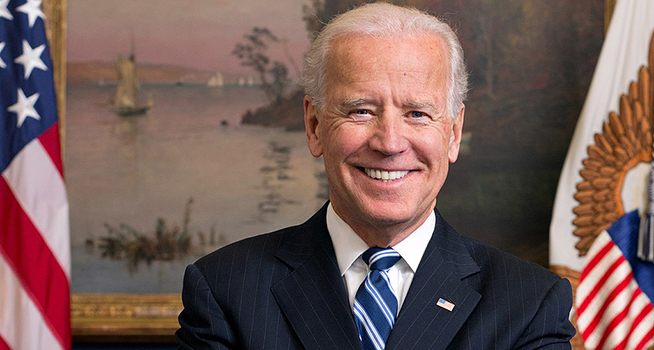Economists warn against Biden administration underestimating the social cost of carbon

Two of the world’s leading economists have today (February 15th) warned that an under-estimation of the value of the social cost of carbon, which is due to be announced this week by the Biden administration for the cost-benefit analysis of climate policies, could threaten the United States’ renewed efforts to cut greenhouse gas emissions.
The joint paper, The Social Cost of Carbon, Risk, Distribution, Market Failures: An alternative approach, by Professors Nicholas Stern and Joseph Stiglitz, is published today by the United States National Bureau of Economic Research in response to an executive order issued by President Biden on January 20th to establish an Interagency Working Group on the Social Cost of Greenhouse Gases. The task for the group is to come up with a better estimate for the dollar cost to society (and the planet) of emitting one ton of carbon dioxide and other greenhouse gases into the atmosphere.
President Biden’s executive order indicated that the Working Group should publish an interim value for the social cost of carbon, the social cost of nitrous oxide and the social cost of methane within 30 days. These would replace the very low value of the social cost of carbon of $8 per ton (in 2018 dollars) used by the Trump administration for 2030. Final values are due to be published by the Working Group no later than January 2022.
The renowned economists caution against the Working Group settling on anything much below $100 per ton by 2030 for the social cost of carbon, up from the Obama administration’s $50 (in 2007 prices, $60 in 2018 prices) per ton estimate, arguing that it would prevent many emissions-curbing projects and regulations from going ahead because their price tags would exceed the estimated climate benefits.
The paper states: “Even before President Trump came along, we were on track for doing too little about climate change. Now that the Biden administration has committed itself to the international goal of 1.5 to 2 degrees [Celsius of warming], there is a second, more reliable way to calculate the social cost of carbon. We simply ask, at what price will we be able to reduce emissions enough, so the world doesn’t heat up dangerously?”
The paper argues that if the Biden administration adopts standard economic models to calculate the social cost of carbon, they would be accepting climate change of 3.5 to 4˚C and would therefore be committing the US to notachieving the Paris Agreement goals.
The paper argues that much of the standard economic modelling currently used to calculate the social cost of carbon does not take into account the immense risks and impacts on the distribution of climate change across and within generations and provides a poor description of the market economy, and on the limitations on government in offsetting key relevant market failures beyond those associated with greenhouse gas emissions. This often results in climate polices that are based on overestimates of the costs of climate action and underestimates of the benefits of such action.
Professors Stern and Stiglitz propose an alternative approach that reconciles the perspectives of the broader scientific community, which has pushed for urgent and strong action, and with those of the economics community who have been skeptical of the need for such urgent action and have encouraged the acceptance of higher levels of climate change.
The paper states: “The social cost of carbon must be at a level high enough to encourage the scale and urgency of the action needed to save our planet and our future and to meet the commitments that President Biden has made to the American people and the rest of the world.”
“A higher price will encourage the low-carbon investments and innovations that we need and that will provide strong additional benefits such as cities with cleaner air and less congestion. The more successful these investments are in curbing carbon emissions, the lower the carbon price could be in the future.”
To obtain a copy of The Social Cost of Carbon, Risk, Distribution, Market Failures: An alternative approach or for interviews with the authors, please call or email Niamh Brannigan +353 870928997 or email n.brannigan@lse.ac.uk
Notes to Editors:
Joseph Stiglitz is an American economist, public policy analyst, and a professor at Columbia University. He is a recipient of the Nobel Memorial Prize in Economic Sciences (2001) and the John Bates Clark Medal (1979). He is the chief economist of the Roosevelt institute and a former senior vice president and chief economist of the World Bank. He is also a former member and chairman of the (US president’s) Council of Economic Advisers. He is chief economist of the Roosevelt Institute.
Nicholas Stern is IG Patel Professor of Economics and Government and Chair of Grantham Research Institute on Climate Change and the Environment at the London School of Economics and Political Science. He is also a member of the UK House of Lords where he sits on the crossbenches. He has been Chief Economist at both the World Bank and EBRD and led, when he was Head of the UK Government Economic Service at the UK Treasury, the Stern Review on the economics of climate change which was published in October 2006.

